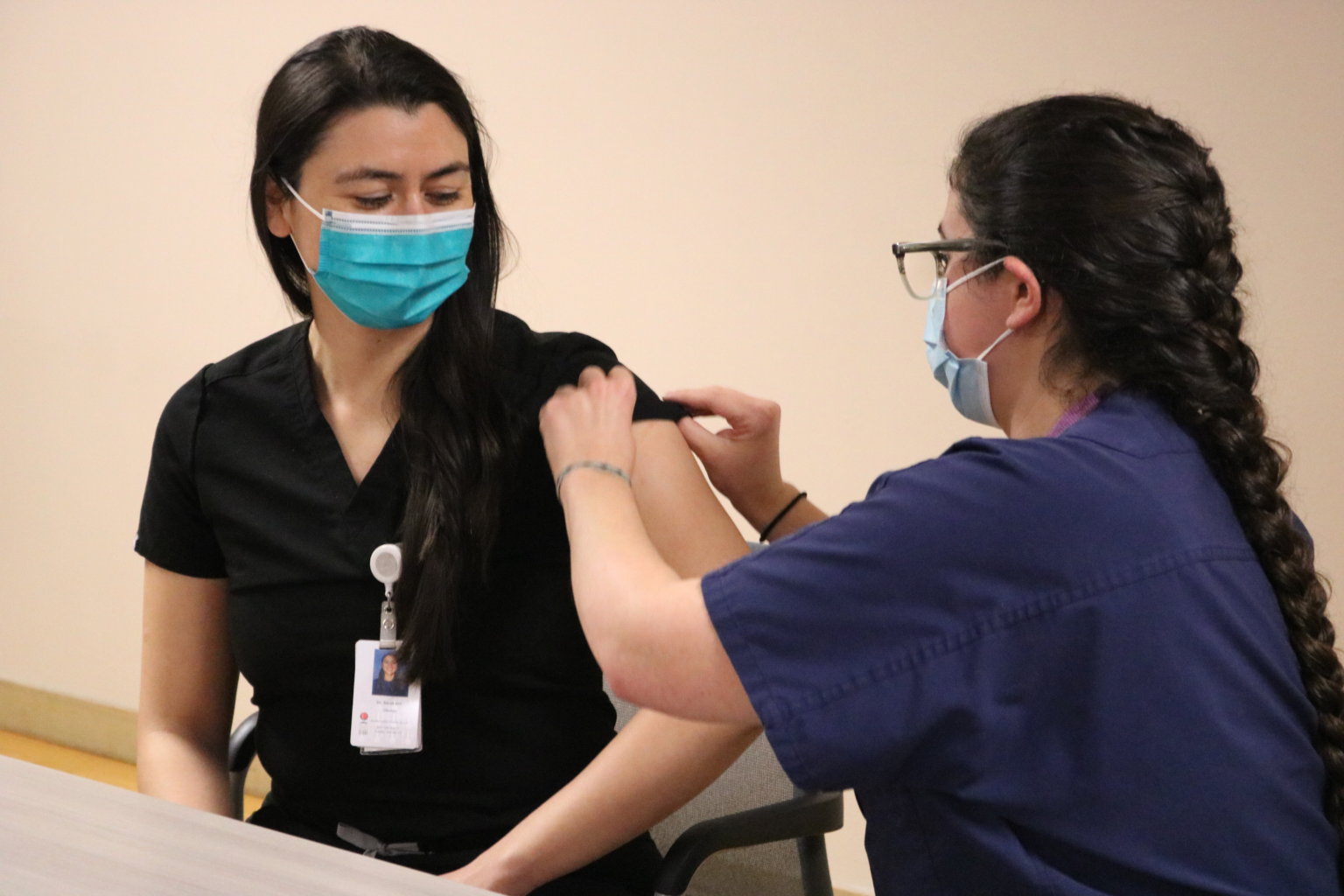
- Details
- By Neely Bardwell
A 64-page passback document from the Office of Management and Budget (OMB), reviewed by Native News Online, outlines the Trump administration’s plans to significantly reduce the U.S. Department of Health and Human Services (HHS) budget. Among the proposed cuts is a $900 million reduction to the Indian Health Service (IHS), a division within HHS.
The IHS is critical in fulfilling a treaty and trust obligation to ensure Native people have access to healthcare. The proposal would slash nearly 30% from the IHS base funding, end advance appropriations, halt funding for health care and sanitation facility construction, restrict Tribal self-governance opportunities, and cut nearly $900 million in critical services and facility support in FY 2026.
In a National Indian Health Board (NIHB) letter released on Thursday to HHS Secretary Robert F. Kennedy, Jr. urging him to reject the proposal, Chairman William “Chief Bill” Smith (Valdez Native Tribe) said this would devastate Indian health. The NIHB says they are ready to work with Secretary Kennedy.
“These are not just budget numbers—these are our lives,” wrote Smith. “The proposed cuts would lead to the closure of clinics, loss of essential staff, and an increase in preventable deaths in our communities. Indian Country cannot afford this.”
The IHS already operates with a 30 percent vacancy rate, and is chronically underfunded by tens of billions of dollars annually. Many IHS clinics are already understaffed, and if each facility across the IHS lost just 1 physician-level provider, 43 percent of those facilities would have to close their doors completely.
“This loss of funding will lead to deaths in our communities from preventable medical incidents, such as precipitous births, cardiac events, untreated diabetes complications, and preventable suicides. We know these impacts because we have lived these outcomes,” said Smith in the letter. “Before IHS had advance appropriations, during previous government shutdowns, members of our families died from these exact types of preventable emergencies.”
Other potential impacts from the proposed budget include damage to critical tribal health infrastructure, severance of government-to-government emergency response pathways, ending the only tribal-serving Alzheimer’s program, halting essential mental health initiatives like Circles of Care, eliminating SAMHSA Tribal Behavioral Health Grants, and significantly reducing access to vital public health data on American Indian and Alaskan Native populations.
If programs eliminated in the OMB document, such as the Tribal Behavioral Health Grants, or Native Connections, gets eliminated, Tribes and Urban Indian Organizations receiving Native Connections funding will lose funding that addresses suicide, substance use, and trauma impacting American Indian and Alaska Native youth.
The National Council of Urban Indian Health (NCUIH) also sent a letter to Secretary Kennedy, with NCUIH CEO Francys Crevier (Algonquin) saying this proposal violates treaty and trust obligations.
“Not only is OMB’s Passback inconsistent with the federal government’s trust responsibility, it
is also inconsistent with the HHS’ Make America Health Again (MAHA) initiative, which aims to improve health outcomes. This effort must begin with adequately funding programs that address health disparities in American Indian and Alaska Native communities,” said Crevier. “Given your statements on being committed to prioritizing Indian health, we urge you to immediately appeal these harmful proposals that will have devastating effects throughout Indian Country.”
A recent report showed that 50% of Urban Indian Organizations could be forced to discontinue services within six months of funding disruptions. UIOs and tribal health facilities rely on HHS grants to address disparities.
Another program that would be eliminated is the Food is Medicine program which would be detrimental to Tribes and Urban Indian Organizations (UIO) who rely on the funding to provide access to traditional foods, fruits, and vegetables. This program was created with the intent of addressing food insecurity and diet-related diseases.
More Stories Like This
‘You Are Never Alone’ | How One Tribe Is Fighting Youth Suicide With Culture and Crisis Response‘Our Culture is Prevention’
This National Cancer Prevention Month, Reduce Your Risk
New Mexico Will Investigate Forced Sterilization of Native American Women
USDA Expands Aid for Lost Farming Revenue Due to 2025 Policies


